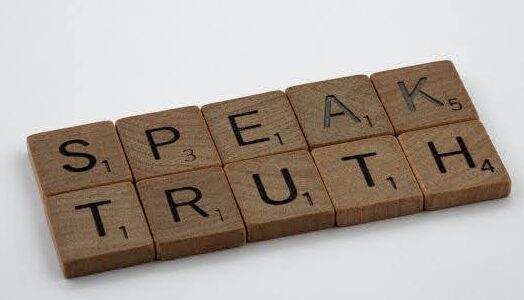Introduction
Honesty is often touted as the cornerstone of any healthy relationship, whether it’s romantic, familial, or platonic. It’s the foundation upon which trust is built, and without it, even the strongest bonds can crumble. Let’s delve into the crucial role honesty plays in fostering trust and creating lasting connections.

Why honesty matters
- Trust is the foundation: Honesty is the bedrock upon which trust is built. When we are honest with others, we show them that we value their feelings, respect their boundaries, and are committed to open and transparent communication.
- Stronger relationships: Honest relationships are more resilient. They can weather storms, overcome challenges, and withstand the test of time. When there’s a foundation of honesty, it’s easier to resolve conflicts, forgive mistakes, and maintain a sense of closeness.
- Open communication: Honesty encourages open communication. When we are honest with others, we create a safe space where they feel comfortable sharing their thoughts and feelings without fear of judgement or reprisal.
- Respect and understanding: honesty fosters mutual respect and understanding. When we are honest with others, we show them that we value their perspective and are willing to listen to their point of view.
- Authenticity: Honesty allows us to be authentic and genuine. It helps us connect with others on a deeper level and build meaningful relationships.

How to Be Honest
- Be mindful of your words: Choose your words carefully and avoid making false or misleading statements.
- Be transparent: Share information openly and honestly, even if it’s difficult.
- Be vulnerable: Don’t be afraid to express your feelings and thoughts, even if they’re uncomfortable.
- Listen actively: Pay attention to what others are saying and show that you’re listening by maintaining eye contact, nodding, and asking questions.
- Seek feedback: Ask for feedback from others so that you can improve your communication skills.

The Consequences of Dishonesty
- Broken trust: dishonesty can damage trust and relationships irreparably. Once trust is broken, it can be difficult to rebuild.
- Guilt and shame: Dishonesty can lead to feelings of guilt and shame. These negative emotions can erode self-esteem and create barriers to healthy relationships.
- Conflict and misunderstanding: Dishonesty can lead to conflict and misunderstanding. When people are not honest with each other, it can create a breeding ground for resentment, anger, and resentment.

Conclusion
In conclusion, honesty is essential for building and maintaining strong, healthy relationships. By being honest with ourselves and others, we can create a foundation of trust, open communication, and mutual respect. Remember, honesty is not just about telling the truth; it’s about being genuine, authentic, and transparent in all our interactions.

